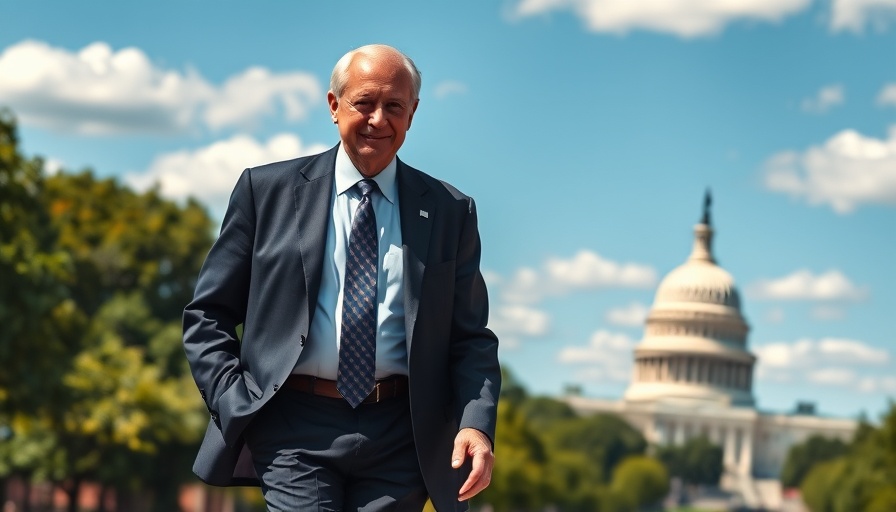
Matawa Chiefs Seek Collaboration Amidst Bill 5 Controversy
The Matawa Chiefs Council is navigating a complicated landscape as they respond to the Ontario government's recently passed Bill 5, aimed at fast-tracking mining activities in the Ring of Fire. Recognizing the potential ramifications of this legislation, the chiefs, representing various communities in northwestern Ontario, have voiced their intention to engage in 'diplomatic channels' to address their concerns rather than resorting to confrontation or legal battles.
The Importance of Dialogue
This initiative marks a significant shift in strategy for the chiefs who, while critical of the fast-tracking process, believe in the potential for dialogue with the province. The Matawa Chiefs are calling for an urgent meeting with Premier Doug Ford to foster a government-to-government discussion, aiming for substantive engagement on the regulations tied to Bill 5.
Chiefs from the Matawa First Nations, including remote and road-accessed communities, argue that constructive partnership can lead to beneficial outcomes for their territories and homelands.
Understanding Bill 5's Impact
Passed on June 4, 2025, Bill 5 is designed to streamline the process for mining companies but has raised serious concerns among Indigenous leaders and environmentalists. Critics worry about the broader implications for land rights and ecological protections, which could be expedited under this new legislative framework.
Matawa's leadership clarified that while they do not endorse the accelerated approach taken by the Ford government, they are also mindful of the legislative reality. "Killing Bill 5 now, after it received Royal Assent, will take a legal challenge which could be protracted by years or decades," the chiefs acknowledged in a release. Instead of outright rejection, they express hope for future collaboration that respects their rights and promotes sustainable development.
Leadership and Collective Action
The Matawa Chiefs Council comprises nine chiefs representing communities in the region, bringing together voices from both the proposed Ring of Fire and those advocating for community access roads. The unity expressed by the council is strong; they believe that while the passage of Bill 5 is a temporary setback, their long-term aspirations for sustainable development in their territories can still be achieved.
This unity is crucial as Chief Sonny Gagnon of Aroland highlighted the importance of addressing the premier's recent comments, which he described as misleading. The conversation surrounding Bill 5 is complex, with various stakeholders involved, and the chiefs aim to clarify their position and strengthen their negotiating powers moving forward.
The Role of External Organizations and Community Voices
As many Ontario communities and environmental organizations prepare to protest the government's plans, the Matawa Chiefs' approach indicates a willingness to balance advocacy with cooperation. Their strategy stands in contrast to the anticipated blockades and protests that could arise this summer against the fast-tracking of mining projects.
By choosing to engage in political avenues rather than confrontation, the Matawa Chiefs are not only addressing the immediate challenges posed by Bill 5 but also safeguarding their communities' futures through strategic partnerships with governmental bodies.
Future of Resource Development in Ontario
The dialogue around Bill 5 highlights broader issues of resource management, Indigenous rights, and environmental stewardship. As resource development continues to be a crucial topic in Ontario, the decisions made today will have lasting implications on relationships between the provincial government and Indigenous communities.
The successful navigation of these discussions could serve as a model for future interactions, setting a precedent for how collaborative approaches can yield positive results in resource management and community engagement.
As this story unfolds, the Matawa Chiefs' willingness to communicate with Premier Ford may open doors for new opportunities, ensuring that Indigenous perspectives are considerably integrated into governmental plans moving forward.
 Add Row
Add Row  Add
Add 




 Add Row
Add Row  Add
Add 

Write A Comment